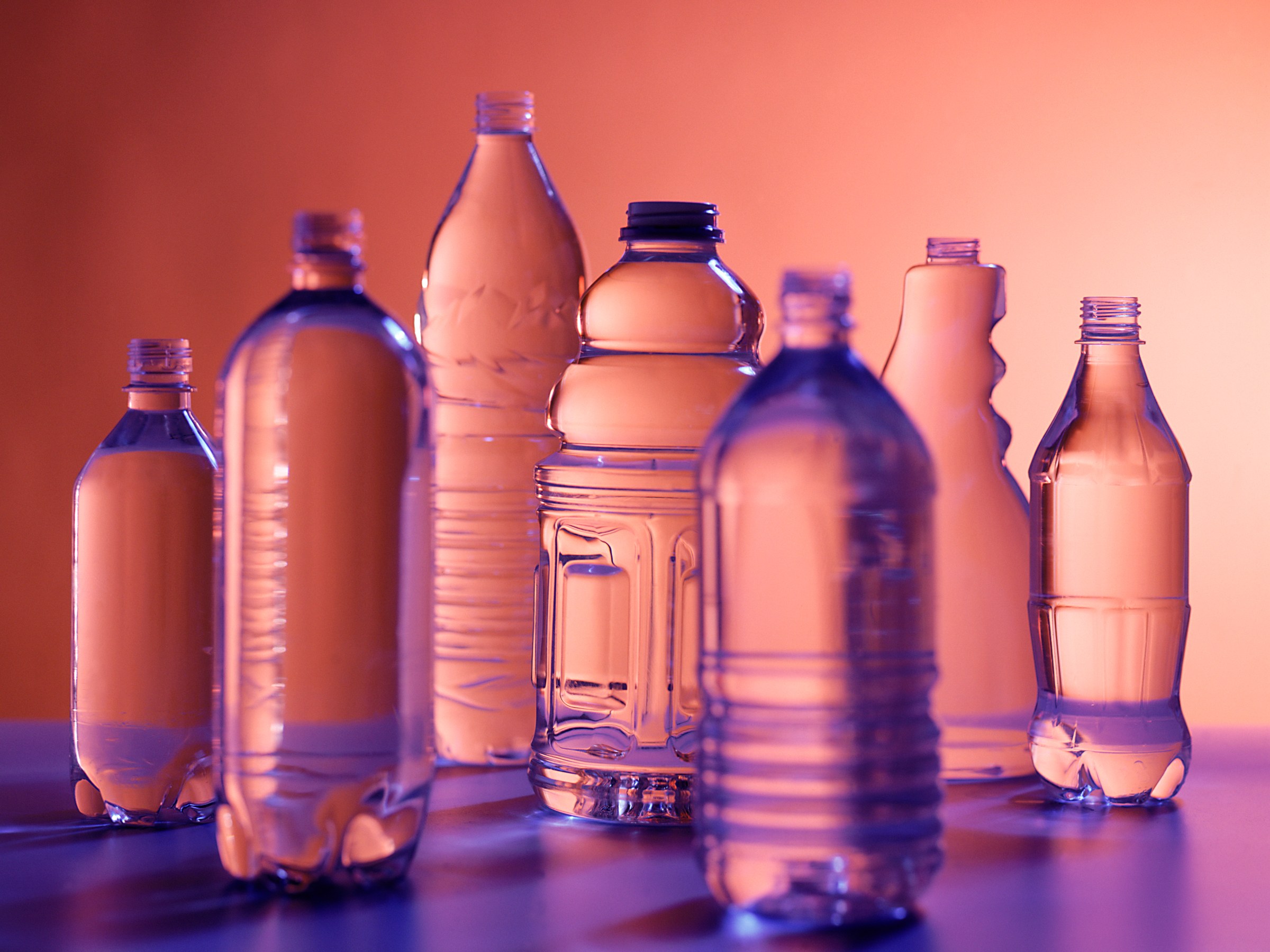Just when we think we are moving towards a healthier lifestyle, we come across new information that proves us wrong. Even though FDA banned the use of BPA in baby bottles and sippy cups in 2012 however, a survey recently concluded that 75 brands still use BPA in all their metal food cans, processed foods, and drinks. More recently, in 2017, the National Toxicology Program assessed twenty-four replacement chemicals and found that many already in use are structurally and functionally similar to BPA. Just like BPA, they may harm the endocrine system. In some cases, the replacements posed an even greater health risk than BPA itself. Researchers also said their analyses suggest that many of the chemicals could disrupt the hormones of fetuses in the womb. Similarly, research by the Environmental Protection Agency showed that some of the BPA alternatives were actually more potent than BPA, with potentially serious consequences for fetuses, infants, and young children.
We want to clarify how detrimental this can be to our lives and health -BPA stands for bisphenol A. BPA is an industrial chemical that has been used to make certain plastics and resins since the 1960s. BPA is found in polycarbonate plastics and epoxy resins. Polycarbonate plastics are often used in containers that store food and beverages, such as water bottles. They may also be used in other consumer goods. Epoxy resins are used to coat the inside of metal products, such as food cans, bottle tops, and water supply lines. BPA is known to cause birth defects, and it’s also linked to breast cancer, obesity, and many other serious health problems. This is a serious issue – one that needs special attention especially in the areas of our country that are underserved. The study found more than half the cans purchased at 99 Cents Only contained BPA. In many areas, dollar stores are the only places people can afford to shop in.
So what can we do? Goop recently published a list of ways that we can eliminate buying food that has come in contact with BPA. Here are a few things we can all do to make a difference:
- Substitute fresh, frozen, or dried food for canned.
- Limit how much packaged food you eat.
- Check whether a food or beverage’s package contains BPA using EWG’s BPA product list. If it does, look for alternatives in EWG’s Food Scores.
- Write letters to your Local and Federal governments to continue the banned of ALL BPA products.
We would love to hear from you – leave us a comment with any other tips or suggestions that we can share with our readers.
 Food
Food Farmers
Farmers Sustainable Living
Sustainable Living Living Planet
Living Planet News
News